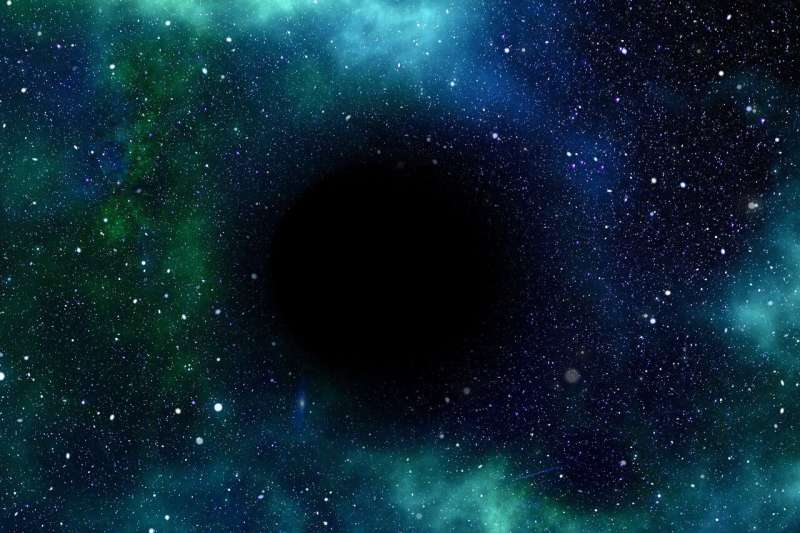Recently, scientists said they may have solved the famous “black hole paradox” proposed by Hawking, which has puzzled scientists for nearly half a century. 
But Hawking once believed that black hole radiation does not contain information about the matter inside the black hole, and that all black holes will eventually die. Once the black hole disappears, the information on the matter inside the black hole will disappear. The mystery of where this information goes constitutes the so-called “black hole paradox”. This goes against the theory of quantum physics, because the information in a black hole cannot just disappear completely.
Currently, scientists at the University of Sussex have found through two studies that they may have solved the problem of black holes by demonstrating that black holes have the property of “quantum hair” Paradox” question. If correct, this would mark a major advance in theoretical physics.
The first study was published in Physical Review Letters. In this study, researchers at the University of Sussex have shown that black holes are much more complex than scientists initially thought, and that their gravitational fields contain information about how they formed. They show that when matter collapses into a black hole, it leaves an imprint in the gravitational field called “quantum hair.” 
Image via Physical Review Letters
In a follow-up paper published in Physics Letters B, University of Sussex Mathematics The “quantum hair” could solve Hawking’s “black hole paradox,” said Xavier Calmet, a professor in the School of and Physical Sciences, and Stephen Hsu, a professor at Michigan State University.
This time, the researchers said that the newly discovered “quantum hair” can provide a mechanism for information preservation when the black hole collapses, so as to solve the “black hole paradox” problem. According to this theory, two black holes with the same mass and radius, but with different internal compositions, will have very subtle differences in their gravitational fields.
“Previously, it was widely believed in the scientific community that solving the black hole paradox would require a dramatic shift in the paradigm of physics, re-enacting quantum mechanics or general relativity,” said Professor Xavier Calmet. “But our research shows that ‘quantum hair’ theory can be used to perform calculations on black holes and explain how information is stored without so-called new physics.”
Toby Wiseman, a theoretical physicist at Imperial College London, said the study was “a good job”, but he still wasn’t convinced it would solve the problem.” “The Black Hole Paradox”. He believes that the “quantum hair” theory may help humans obtain some other information about the interior of the black hole, but it cannot explain all the information lost in the black hole.